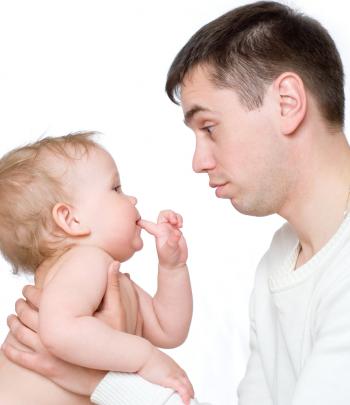All You Need to Know About Adjusting to New Family
 Though adoptive parents may consciously treat their new additions as regular children and state there is no significance to them being adopted as far as they are concerned, the kids may not immediately reciprocate. Even when a birth parent has been abusive to a child, the bond between the two may be an enduring one, for the child will feel a sense of love and attachment for his mother/father.
Though adoptive parents may consciously treat their new additions as regular children and state there is no significance to them being adopted as far as they are concerned, the kids may not immediately reciprocate. Even when a birth parent has been abusive to a child, the bond between the two may be an enduring one, for the child will feel a sense of love and attachment for his mother/father.
Thus, despite all the advantages a post-adoption home may present an adoptee as far as safety and amenities go, trust is still key to the development of a similar kind of relationship with the adoptive parents. In fact, it may take years if not a lifetime for an adopted child to come to fully accept his new parents as his true parents (besides, one can be a father or mother without being a good parent).
Though certainly less common, children may come to accompany existing biological children or other previously adopted members of the family after adoption. Without question, trying to meet the needs of a recently expanded family is a proverbial balancing act. For one, this may be hard on the "old" children, as they may not be getting the same attention as the new entrant does.
As for adopted children, they may feel as if they have to assert themselves in order to get noticed, and sibling rivalries and physical clashes may erupt over this post-adoption power struggle of sorts. Adoptive parents should do their best not to play favorites and apply rewards and consequences fairly and consistently.
If a child must cope with special needs, post-adoption life changes may be hardest of all. With developmental disorders on the autism spectrum, for example, any change may be disorienting to their feelings of being threatened.
Related Topics
- Maine Guardianship Law
- What You Didn't Know About The Chances of Child abduction increase
- Quick Overview of The Psychological Types Of Abuse
- What You Must Know About Becoming Repeat or Adult Offenders
- Quick Overview on Child Abuse Laws
- Easy Overview of Sex Offender Registration
- Georgia Guardianship Law
- Quick Overview to Sexual Child Abuse
- Idaho Guardianship Law
- Quick Overview of LGBT Adoption